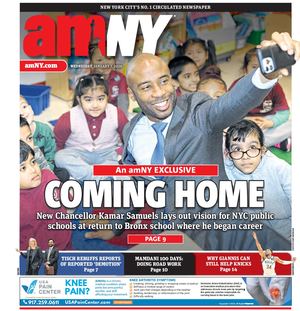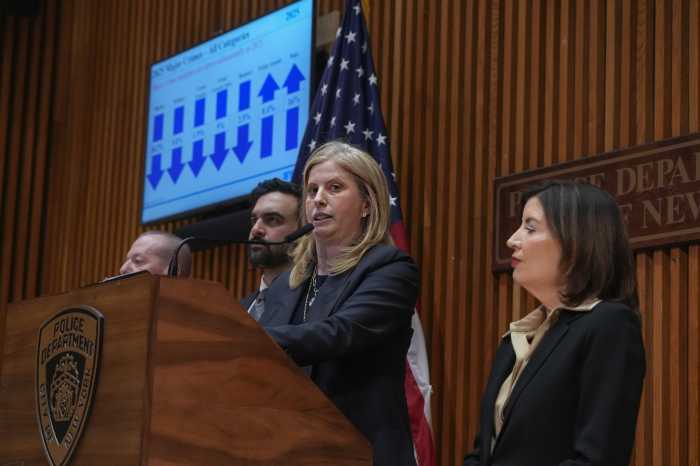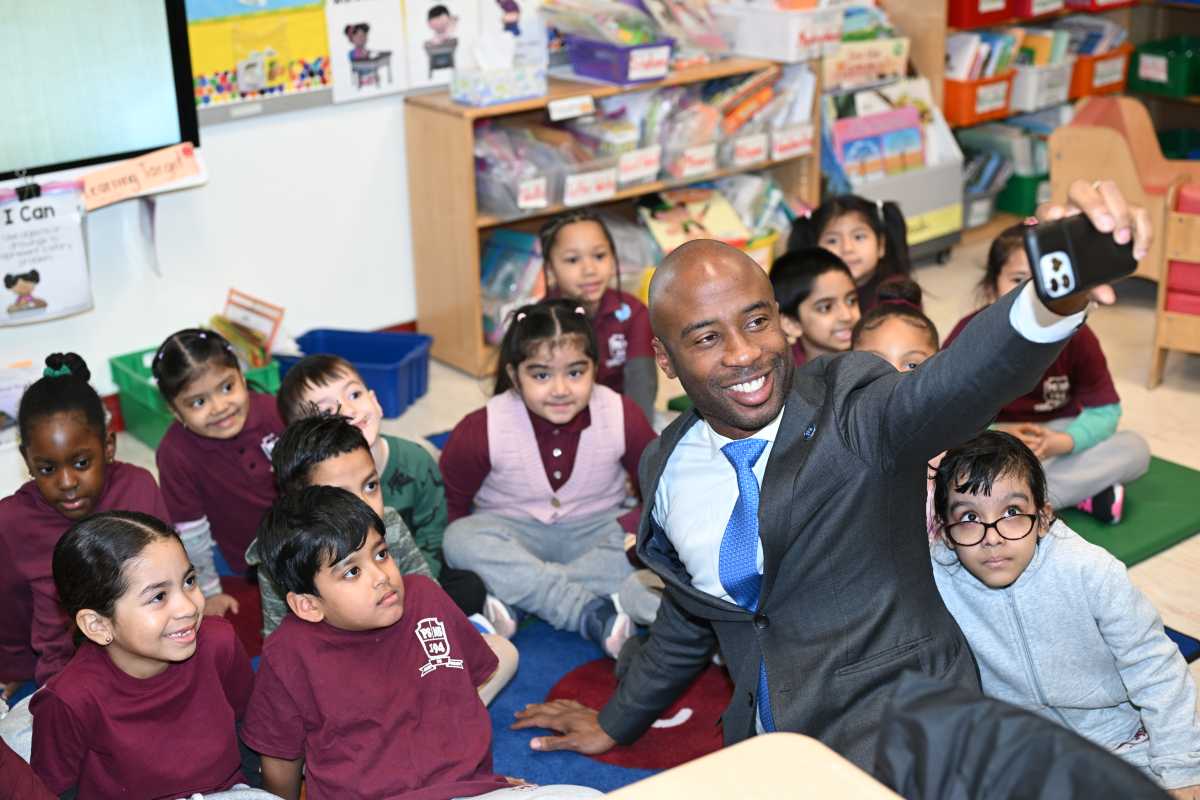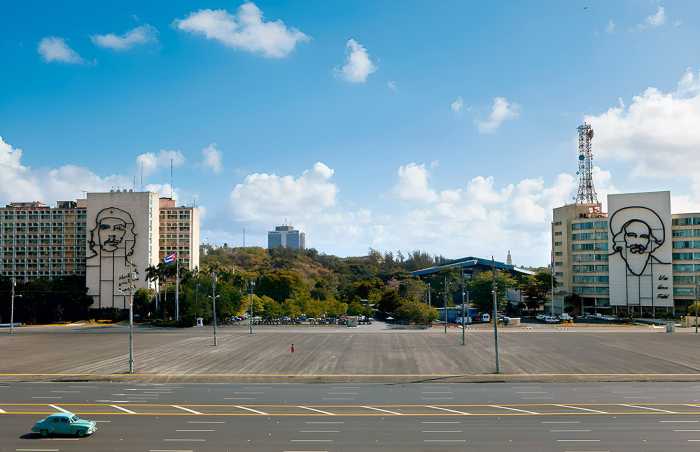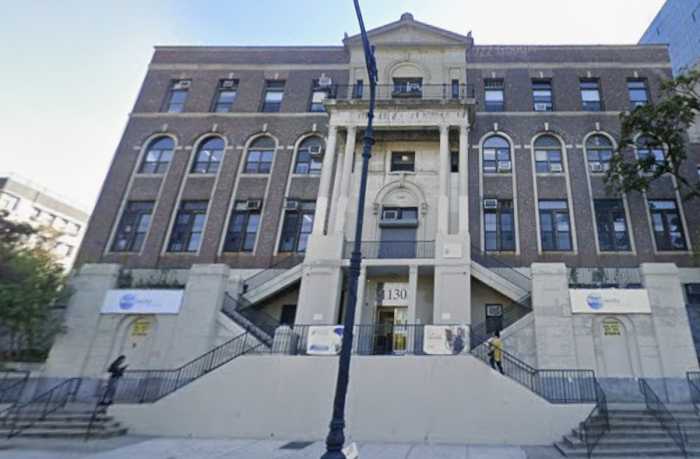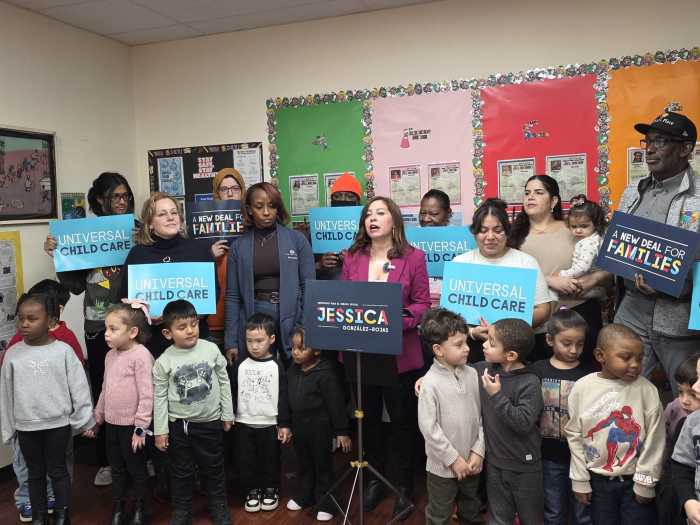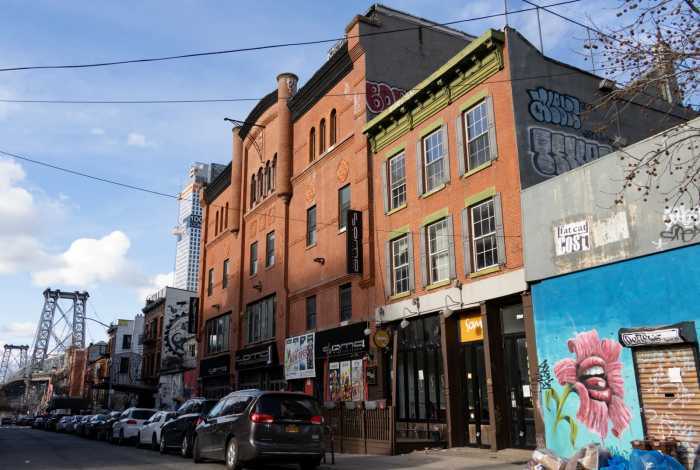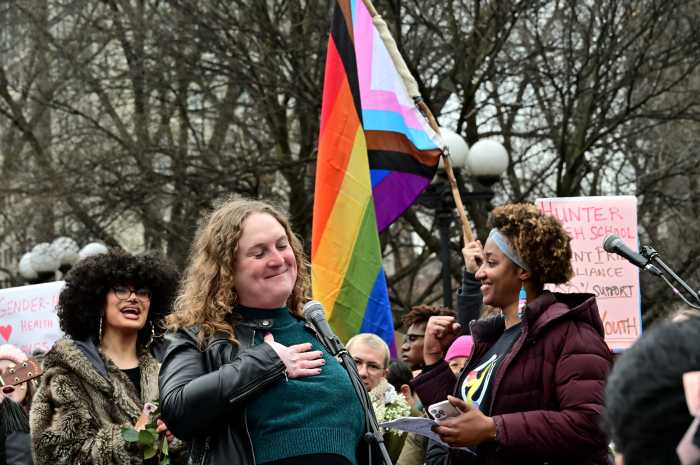BY ALINE REYNOLDS | Members of the New York City Council grilled city Department of Health officials on Monday, Jan. 30 concerning the omission of cancer as an illness covered under the James Zadroga 9/11 Healthcare Act and about the false assurances the government made in the early days following the attacks that the air in and around Ground Zero was safe to breathe.
Though it is known that identifying scientific evidence linking cancer to 9/11-related exposure takes several years, since the disease has a latency period, it remains a mystery as to how many studies need to be published to reach a conclusion. That was the message conveyed by Carolyn Greene, deputy commissioner for epidemiology at the city Department of Health and Mental Hygiene and a member of the World Trade Center Medical Working group, which publishes an annual report on all of the research concerning the link between cancer and 9/11.
“As a physician and as a human being, I think the diagnosis for cancer is horrendous,” said Greene. “But this is a case where early studies wouldn’t have shown us anything. It is still very early – we don’t have a lot of deaths to look at, and we need to acknowledge that.”
At one point, Greene said, “I cannot give you a definitive answer on how many studies it would require. Sometimes, science can’t give us the answer quick enough.” Greene noted that people with health insurance can receive cancer screening and treatment at the city’s public hospitals and health clinics, even though the disease is not handled by the W.T.C. Centers of Excellence.
Councilmembers were nevertheless frustrated with this answer, and are urging the federal government to add cancer to the federally subsidized 9/11 health program. The first few cancer studies published late last year prove that the illness found in many first responders, Downtown residents, area workers and others, is attributable to 9/11, they said.
“If we know that asbestos alone causes cancer and that there are a certain amount of carcinogens in the air, it is common sense for us to say that a lot of the people would have developed cancer,” said Queens Councilmember Ruben Wills.
“On the one hand, there are the studies, and on the other hand, people are dying,” said Councilmember Margaret Chin. “People need treatment and resources.”
Cancer is the second leading cause of death among all New Yorkers, Greene replied, and only now has enough time elapsed for the appropriate research to even begin to emerge.
“Additional studies are needed,” Greene continued, “to determine if the early findings from these initial cancer and mortality analyses are replicated in different populations with different exposure levels, and if they change over time.”
City health officials, Greene noted, do not have the authority to make cancer screenings and treatment available to 9/11 health patients at the W.T.C. Centers of Excellence.
“I have to emphasize this decision lies completely with the W.T.C. health administrator, Dr. John Howard,” said Greene.
That fact didn’t stop Brooklyn Council Member Stephen Levin from probing further.
“I understand it’s not the city’s decision, but the city could at least make an informal recommendation [in support of] a preliminary determination,” said Levin.
“It’s something we could look into,” replied Greene.
Councilmembers also interrogated Greene about why government officials publicly announced that inhaling the air didn’t pose a health hazard to Ground Zero workers and others following 9/11.
“I don’t buy into the claim that it was an unprecedented event,” said Councilmember Oliver Koppell, chair of the Committee on Mental Health, Mental Retardation, Alcoholism, Drug Abuse and Disability Services, which co-led the hearing. “You were using instruments to check what we were breathing at the time. I can tell you, it tasted like sand.”
“You make an excellent point,” replied Greene. “I can only say that we didn’t know enough in the early days.”
“It is critical that we learn from [9/11],” Greene continued, “and what we learn now will inform us for future disasters.”
